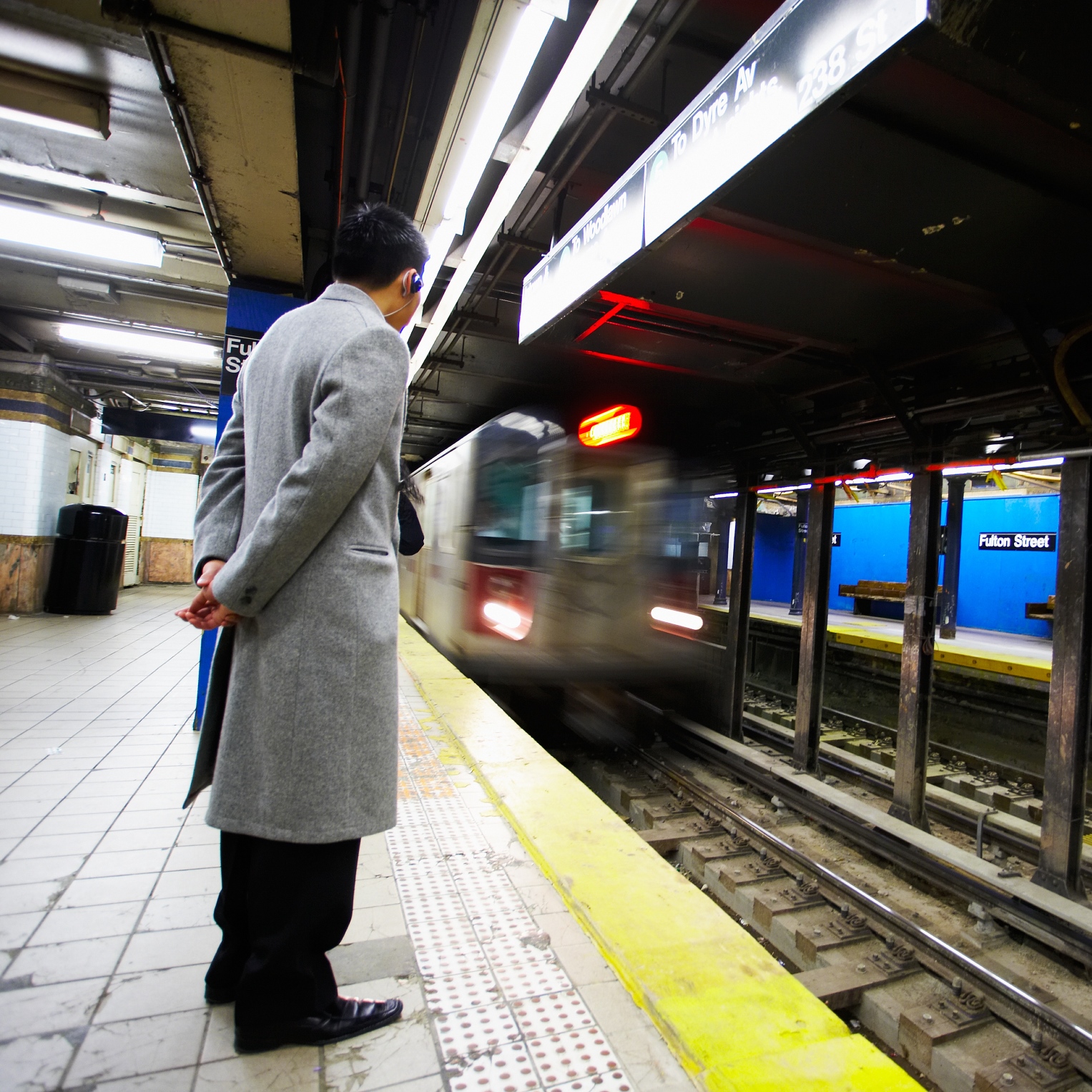Transportation
New York City Has Dirtiest Subway System

Published:
Last Updated:

As measured by presence of bacteria, the New York City subway system is the dirtiest in America by far.
Travel Math looked at the subway systems in five cities “based on colony-forming units (CFU), which refers to the number of viable bacteria cells.”
The New York City subway also has the most travelers by far each year — 2.8 billion. Base on dirtiness, the San Francisco Bay BART was second, followed by the Chicago “L,” the Washington D.C. Metro and Boston’s MBTA Subway.
The researchers explained New York’s problem:
The average for every city’s transit system was about 400,000 CFU per square inch, though excluding the bacteria-ridden New York subway dropped the average to 176 CFU. What’s the reason behind the New York City subway’s staggering bacteria numbers? Though every public transit system we examined serves millions of travelers per year, the NYC subway transports more than three times as many travelers as the other four transit systems combined.
Nevertheless, the New York subway system is filthy.
Advice on how to avoid the bacteria problem:
Our study revealed that, aside from the New York subway, public transit may not be teeming with as much bacteria as you may think. However, specific surfaces within every vehicle may vary, and it never hurts to play it safe. If you’re taking public transit, you can safeguard against germs in a few simple steps: Avoid touching surfaces if you can help it, keep your hands away from your face and out of your pockets to avoid spreading germs, and wash your hands as soon as you arrive at your destination.
That is, if you can avoid sitting or holding onto polls and you have large pockets and germicide to use upon arrival.
The average American spends $17,274 on debit cards a year, and it’s a HUGE mistake. First, debit cards don’t have the same fraud protections as credit cards. Once your money is gone, it’s gone. But more importantly you can actually get something back from this spending every time you swipe.
Issuers are handing out wild bonuses right now. With some you can earn up to 5% back on every purchase. That’s like getting a 5% discount on everything you buy!
Our top pick is kind of hard to imagine. Not only does it pay up to 5% back, it also includes a $200 cash back reward in the first six months, a 0% intro APR, and…. $0 annual fee. It’s quite literally free money for any one that uses a card regularly. Click here to learn more!
Flywheel Publishing has partnered with CardRatings to provide coverage of credit card products. Flywheel Publishing and CardRatings may receive a commission from card issuers.
Thank you for reading! Have some feedback for us?
Contact the 24/7 Wall St. editorial team.